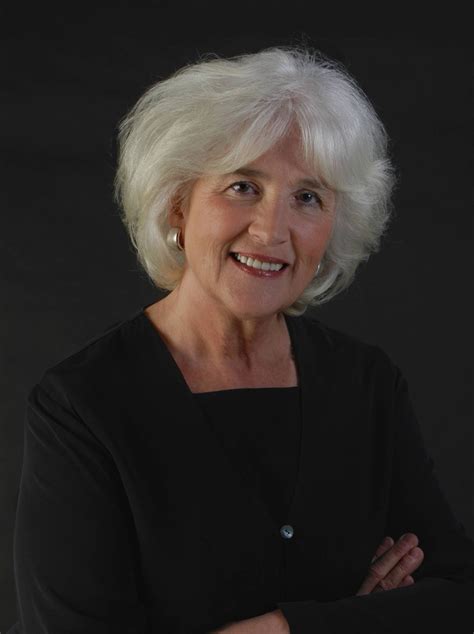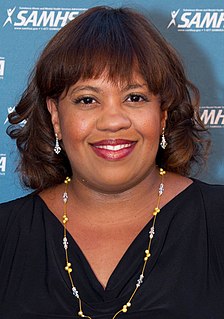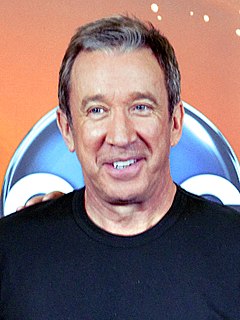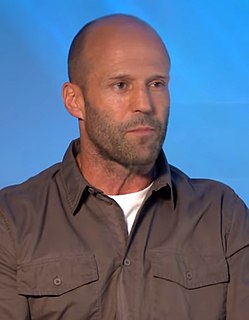A Quote by Rachel Bloom
When you're an only child, you get very used to pleasing the adults around you.
Related Quotes
The idea for me is that if the movie connects with you the way I want it to connect with you, you should be experiencing both the horror and the wonder as a child would. From a child's point of view. When we're kids, brutality registers differently than when we are adults. Because as adults, we get too used to violence.
Compliant children are very easily led when they are young, because they thrive on approval and pleasing adults. They are just aseasily led in their teen years, because they still seek the same two things: approval and the pleasing their peers. Strong-willed children are never easily led by anybody--not by you, but also not by their peers. So celebrate your child's strength of will throughout the early years...and know that the independent thinking you are fostering will serve him well in the critical years to come.
In 1600 the specialization of games and pastimes did not extend beyond infancy; after the age of three or four it decreased and disappeared. From then on the child played the same games as the adult, either with other children or with adults. . . . Conversely, adults used to play games which today only children play.
Sometimes a child will get lucky and be placed with foster parents who are loving and supportive and who consider that child their own. But for many, that doesn't happen. Kids are moved around from home to home, to group home and institutions, until they are 18, when they are considered adults and the system is finished with them.
I was born in a very poor family. I used to sell tea in a railway coach as a child. My mother used to wash utensils and do lowly household work in the houses of others to earn a livelihood. I have seen poverty very closely. I have lived in poverty. As a child, my entire childhood was steeped in poverty.




































